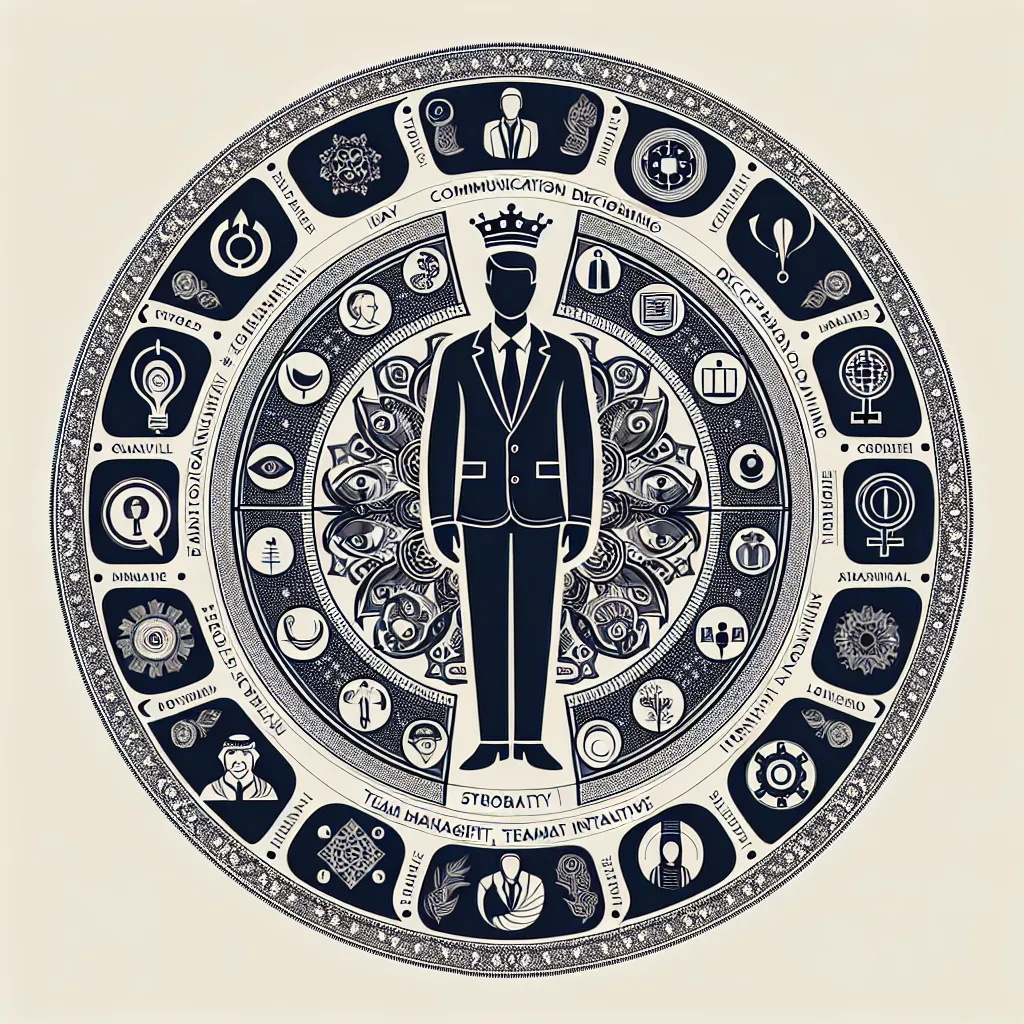When preparing for a job interview, one of the most common questions you’re likely to encounter is “Why did you choose this career?” This question allows interviewers to gauge your passion, motivation, and long-term commitment to the field. Answering it effectively can significantly boost your chances of landing the job. In this article, we’ll explore how to craft a compelling response that impresses your potential employer.
Understanding the Importance of This Question
Before diving into strategies for answering, it’s crucial to understand why interviewers ask this question. They want to:
- Assess your motivation and passion for the field
- Understand your career goals and how they align with the company
- Evaluate your self-awareness and decision-making process
- Determine if you’re likely to stay committed to the role long-term
The Interviewer’s Perspective
Interviewers are looking for candidates who demonstrate:
- Genuine interest in the field
- Clear career goals
- Alignment between personal values and career choice
- Understanding of the industry and its challenges
 Career Choice Interview
Career Choice Interview
Crafting Your Response
To create an effective answer, consider these key elements:
1. Personal Connection
Start by explaining what initially drew you to this career. Was it a childhood fascination, a pivotal life experience, or an inspiring mentor? For example:
“I’ve been passionate about technology since I built my first computer at age 12. The thrill of problem-solving and creating something from scratch has stayed with me ever since.”
2. Skills and Strengths
Highlight how your natural abilities and acquired skills align with the career:
“My analytical mindset and attention to detail make me well-suited for a career in data analysis. I find great satisfaction in uncovering insights from complex datasets.”
3. Industry Impact
Discuss how you hope to contribute to the field and make a difference:
“I chose nursing because I believe in the power of compassionate healthcare. I want to be part of a profession that directly improves people’s lives during their most vulnerable moments.”
4. Long-term Vision
Share your future aspirations within the career:
“In the long term, I aim to lead innovative marketing campaigns that shape consumer behavior and drive social change. This career offers the perfect platform to achieve that goal.”
5. Continuous Learning
Emphasize your commitment to growth and development:
“The ever-evolving nature of software development excites me. I’m committed to continuous learning to stay at the forefront of technological advancements.”
Sample Answers for Different Career Levels
Entry-Level Position
“I chose a career in graphic design because it perfectly blends my creative passion with my technical skills. During my studies, I discovered how powerful visual communication can be in conveying messages and evoking emotions. I’m excited about the opportunity to contribute fresh ideas and grow alongside industry trends in this dynamic field.”
Mid-Career Professional
“After five years in customer service, I decided to transition into human resources. My experience dealing with diverse client needs made me realize how much I enjoy working with people and solving complex interpersonal challenges. This career change allows me to leverage my communication skills while taking on new responsibilities in talent management and organizational development.”
Senior-Level Executive
“My journey to becoming a Chief Financial Officer stems from a lifelong fascination with how financial strategies can drive business growth. Over the years, I’ve honed my skills in financial analysis, risk management, and strategic planning. I chose this career path because it allows me to play a pivotal role in shaping a company’s future while constantly challenging myself to adapt to changing market conditions.”
Common Mistakes to Avoid
When answering this question, be careful to avoid these pitfalls:
- Focusing solely on money or prestige
- Giving vague or generic responses
- Indicating that you chose the career by chance or without much thought
- Expressing uncertainty about your career choice
- Failing to connect your answer to the specific job or company
Follow-up Questions and How to Answer Them
Be prepared for these potential follow-up questions:
-
“What steps have you taken to prepare for this career?”
- Highlight relevant education, certifications, internships, or projects.
-
“How has your perception of this career changed since you started?”
- Discuss how your understanding has deepened and your commitment has grown.
-
“What challenges do you anticipate in this career?”
- Show awareness of industry challenges and your readiness to tackle them.
-
“Where do you see yourself in this career in five years?”
- Outline your professional growth plans aligned with the company’s potential opportunities.
-
“What alternative careers did you consider?”
- If asked, briefly mention other options but emphasize why this career is the best fit.
 Career Path Visualization
Career Path Visualization
Conclusion
Answering “Why did you choose this career?” effectively requires self-reflection, preparation, and authenticity. By articulating your passion, aligning your skills with the role, and demonstrating a clear vision for your future, you can make a strong impression on your interviewer. Remember to tailor your response to the specific job and company, showing how your career choice makes you the ideal candidate for the position.
For more tips on acing your job interview, check out our articles on how to answer questions about leadership in English and common English interview questions. Practice your responses and approach your interview with confidence!




